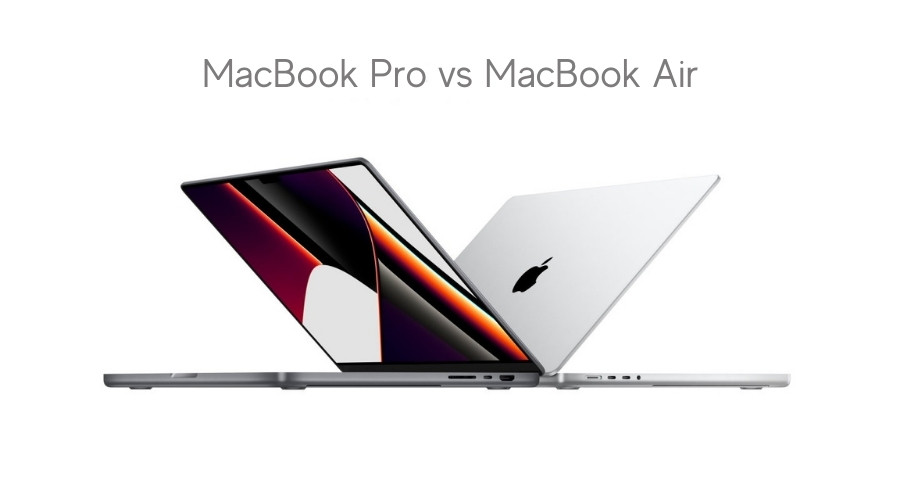The Laptop that Heats Up? Main Causes and Reasons.
These days, laptops are extremely powerful. Transistor chips are denser, and the famous graphics card can support very high screen resolutions. As a result of these various advancements, your laptop PC may be getting too hot. Let’s look at how to fix it.
The laptop that heats up: the different reasons
Overheating is one of the major problems faced by PCs. Overheating can result in a program crash or even a laptop machine’s immediate shutdown. This gradually degrades battery life until the battery becomes useless over time. You should be aware that the causes of a laptop PC’s overheating are different depending on the circumstances.
Inappropriate choice of location for use of equipment
The PC’s location is critical for cooling capacity. As a result, a PC should not be kept in an area with strong light or near windows. It should be placed in an area that maintains the temperature.
IT-hostile locations are those that are inadequately ventilated or lack adequate thermal control, especially when the weather is hot. When considering how much a computer heats up while being used in direct sunlight, keep in mind that it becomes increasingly warm over time.
Poor ventilation in the use area
Dust and other materials may fill an area’s ambient air. The vents, like all aspects of a laptop PC, are particularly susceptible to dust accumulation. Use your gear in a clean space with adequate ventilation so that dirt can flow freely and be completely removed. As a result, it prevents particles from gathering.
The heat emitted by parts of the PC
During regular operation, several components of the PC generate heat. The processor and the power supply are examples of these. In many cases, this is reduced with a PC cooling system, but also with adequate ventilation. If you don’t have any of these in place, your laptop could get hot.
Malfunction or insufficient cooling
An internal cooling system is standard in all PCs. In many circumstances, this comprises of a tiny fan, which increases air circulation throughout the casing.
Note that this mechanism may or may not be directed straight at the heat-generating elements. As a result, it lowers their temperature. If your cooling device isn’t functioning adequately or as effectively as it once did, consider replacing it.
How to solve a problem with a warming laptop?
Take the appropriate actions!
Take a break if the PC becomes too hot. After six hours of continuous usage, this sort of equipment naturally heats up considerably. Make sure the PC is on a flat, hard surface instead of your lap.
If you leave the ventilator unattended for a lengthy period, it may stall. It will be more difficult to cool the internal components, and so the computer will heat up quickly.
It’s best to charge the battery in your saw every 6-12 months. It’s also a good idea to check the condition of the battery, especially if it can’t hold a full charge for an extended period of time.
It’s also feasible to put your machine into an energy-saving mode so that it doesn’t use as much electricity and thus warms up the battery area.
Also, shut down programs that require a lot of system resources. Basically, search for users who are using a lot of RAM, CPU, or who continually write to the hard drive.
Put the thermal paste on the parts of the laptop PC that heats up
Thermal paste is a heat spreader that’s used to close the massive gap between the CPU and GPU. It should be noted that thermal paste has a high heat conductivity capacity.
It allows optimal thermal conduction by filling the gaps (trapping air, causing motherboard components to deteriorate) in the elements that are the heat sink as well as the CPU / GPU of the motherboard.
You should be aware that thermal interface materials can be a hundred times more heat-conductive than air. Metal, ceramic, and silicon are all possible materials for thermal paste. The metal has the greatest performance potential.
Use a laptop cooler
The PC is based on a number of components with varying degrees of heat. These must be cooled. This is where laptop coolers come in handy. It maintains the computer at a comfortable temperature level.


